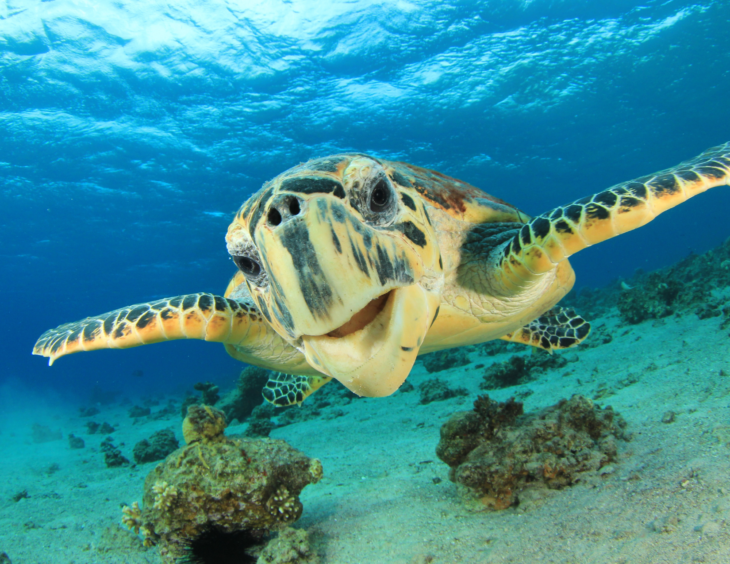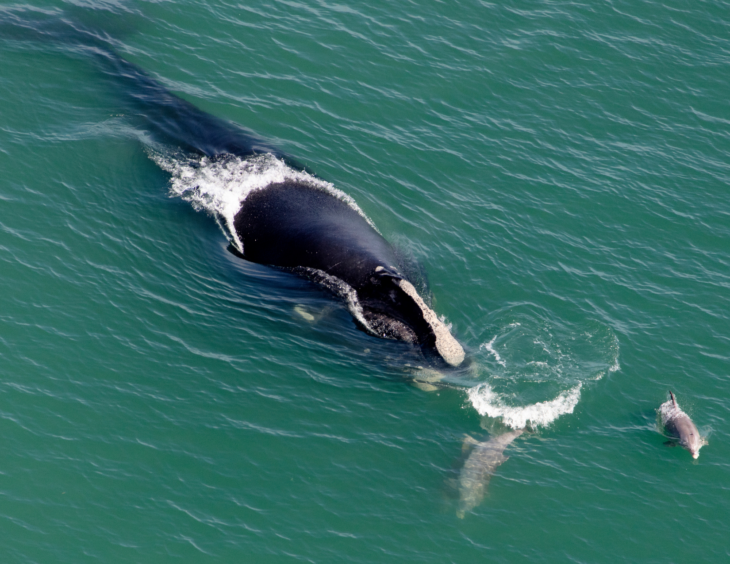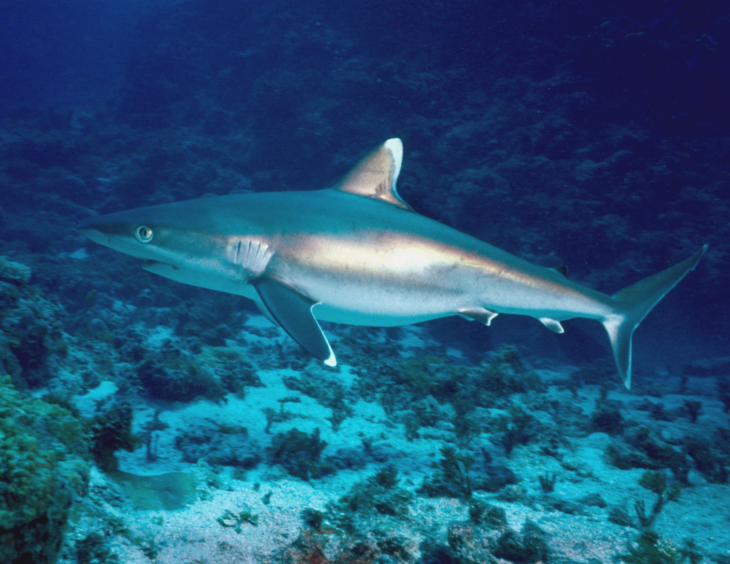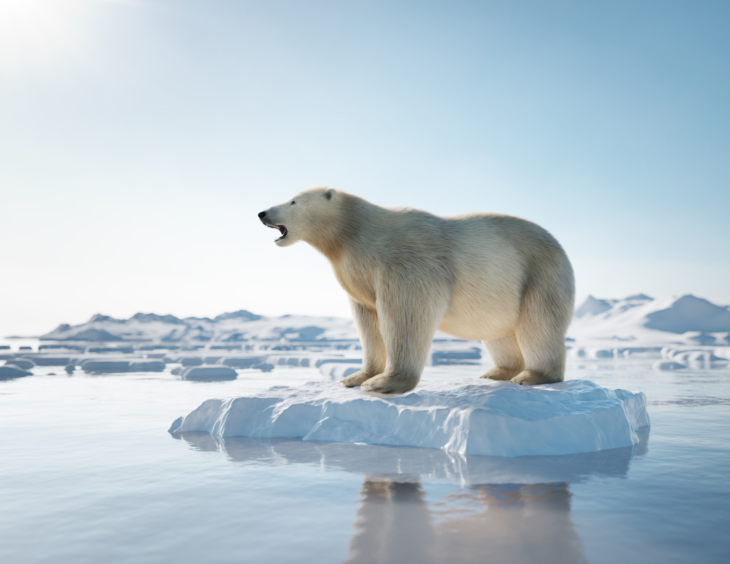The OGM Interactive Edition - Summer 2023 - Read Now!
View Past IssuesAfter nearly two decades of talks, UN member countries have finalized a text to ensure the conservation and sustainable use of marine biological diversity in areas beyond national jurisdiction. The agreement referred to as the ‘High Seas Treaty,’ is a victory for multilateralism and global efforts to counter the destructive trends facing ocean health. Secretary-General António Guterres congratulated all parties involved for their ambition, flexibility, and perseverance.
The legal framework would put more money into marine conservation and covers access to and use of marine genetic resources. It is crucial for addressing the triple planetary crisis of climate change, biodiversity loss, and pollution. The treaty is also vital for achieving ocean-related goals and targets of the 2030 Agenda for Sustainable Development, as well as the Kunming-Montreal Global Biodiversity Framework, which aims to protect 30% of the planet’s lands and inland waters, as well as marine and coastal areas, by 2030.
The BBNJ decision builds on the legacy of the UN Convention on the Law of the Sea (UNCLOS). Delegates of the Intergovernmental Conference on Marine Biodiversity of Areas Beyond National Jurisdiction reached the agreement after tough negotiations on the draft treaty for the past two weeks.
The achievement is not only a significant step towards preserving marine biodiversity but also a testament to the power of multilateralism in addressing global challenges. The extended standing ovation in the meeting room after the announcement of the agreement by Ambassador Rena Lee of Singapore signifies the momentousness of the occasion.
There are numerous endangered species in our oceans due to the following reasons:
1. Overfishing
2. Pollution
3. Habitat destruction
4. Climate change
Here are some of the most vulnerable endangered species:
Vaquita: The vaquita is a small porpoise that is found only in the northern Gulf of California. They are critically endangered due to entanglement in fishing nets.
Hawksbill sea turtle: Hawksbill sea turtles are critically endangered due to habitat loss, hunting, and illegal trade.

North Atlantic right whale: The North Atlantic right whale is critically endangered due to entanglement in fishing gear and collisions with ships.

Bluefin tuna: Bluefin tuna are endangered due to overfishing for their prized meat.
Leatherback sea turtle: Leatherback sea turtles are endangered due to habitat loss, hunting, and accidental capture in fishing gear.
Galapagos penguin: Galapagos penguins are endangered due to habitat loss, climate change, and overfishing.
Giant manta ray: Giant manta rays are endangered due to overfishing and habitat loss.
Oceanic whitetip shark: Oceanic whitetip sharks are endangered due to overfishing and bycatch.

Southern resident killer whale: Southern resident killer whales are endangered due to habitat loss, pollution, and lack of prey.
Polar bear: Polar bears are classified as vulnerable species due to habitat loss and climate change affecting their ability to hunt and survive.

The ocean is a vital part of our planet, providing food, livelihoods, and recreation to millions of people worldwide. However, its health is deteriorating, with climate change, overfishing, pollution, and other human activities contributing to its decline. The impact on marine biodiversity is devastating, with many species facing extinction.
This agreement provides hope for the future of the ocean and its inhabitants. It is a reminder that we all have a role to play in preserving and protecting our planet’s natural resources. We must take action to reduce our carbon footprint, protect marine habitats, and promote sustainable fishing practices.
The achievement of the High Seas Treaty is also a reminder of the critical support of non-governmental organizations, civil society, academic institutions, and the scientific community. Their contributions and advocacy have played a crucial role in achieving this milestone.
As we celebrate this victory for ocean health and multilateralism, we must also recognize the challenges ahead. Implementing the High Seas Treaty will require cooperation and collaboration from all parties involved. It will require a significant investment in marine conservation and research to understand and protect the ocean’s biodiversity.
We must also recognize that the ocean is a shared resource, and its health and well-being are essential to our planet’s survival. The High Seas Treaty reminds us that we all have a role to play in preserving and protecting our planet’s natural resources.
The achievement of the High Seas Treaty is a cause for celebration and a reminder of the power of multilateralism in addressing global challenges. It provides hope for the future of our planet’s oceans and their inhabitants, and we must take action to ensure its success. The agreement is an urgent call to action for individuals, governments, and organizations to work together to preserve and protect our planet’s natural resources.
Did you enjoy this article?